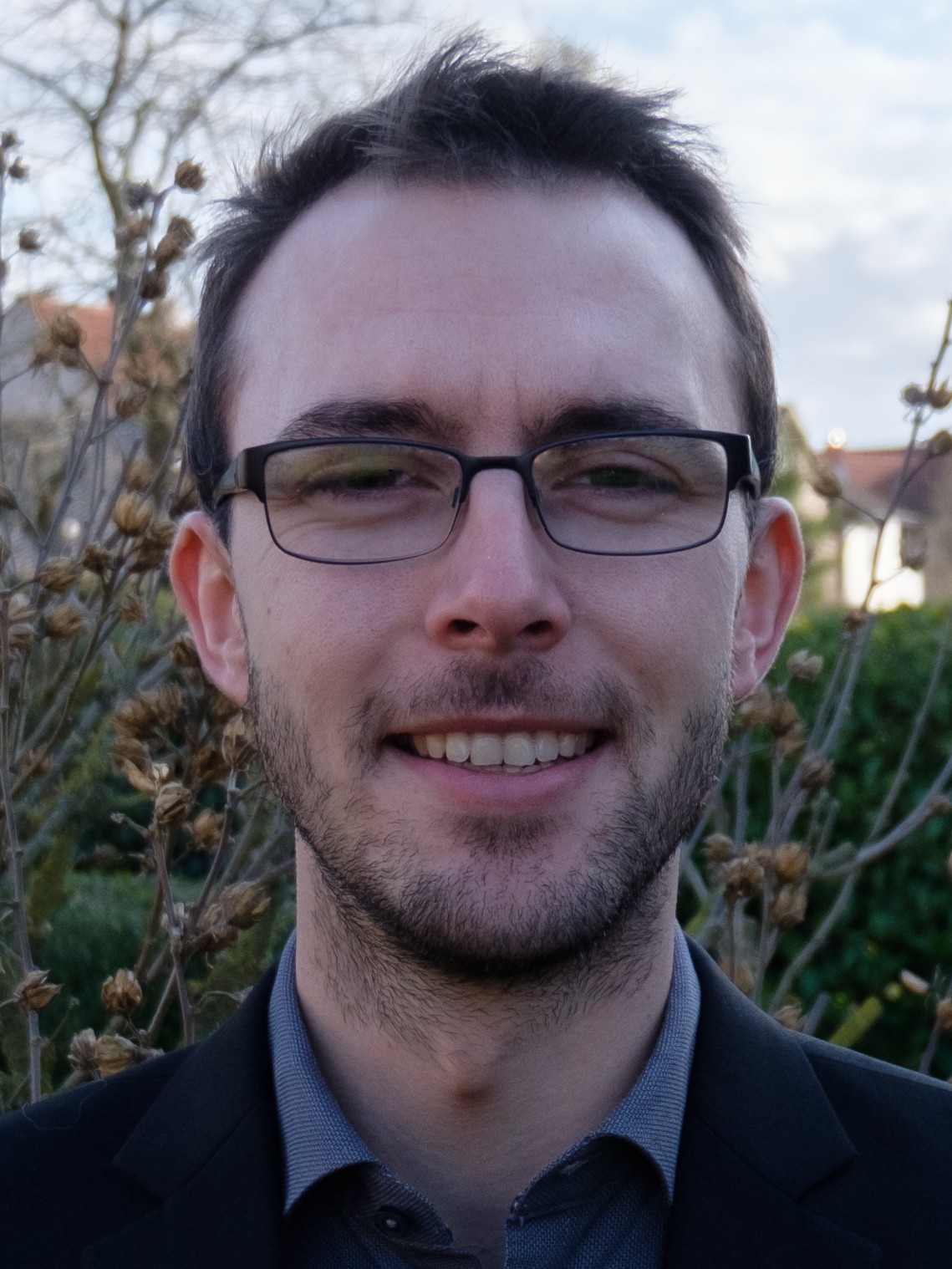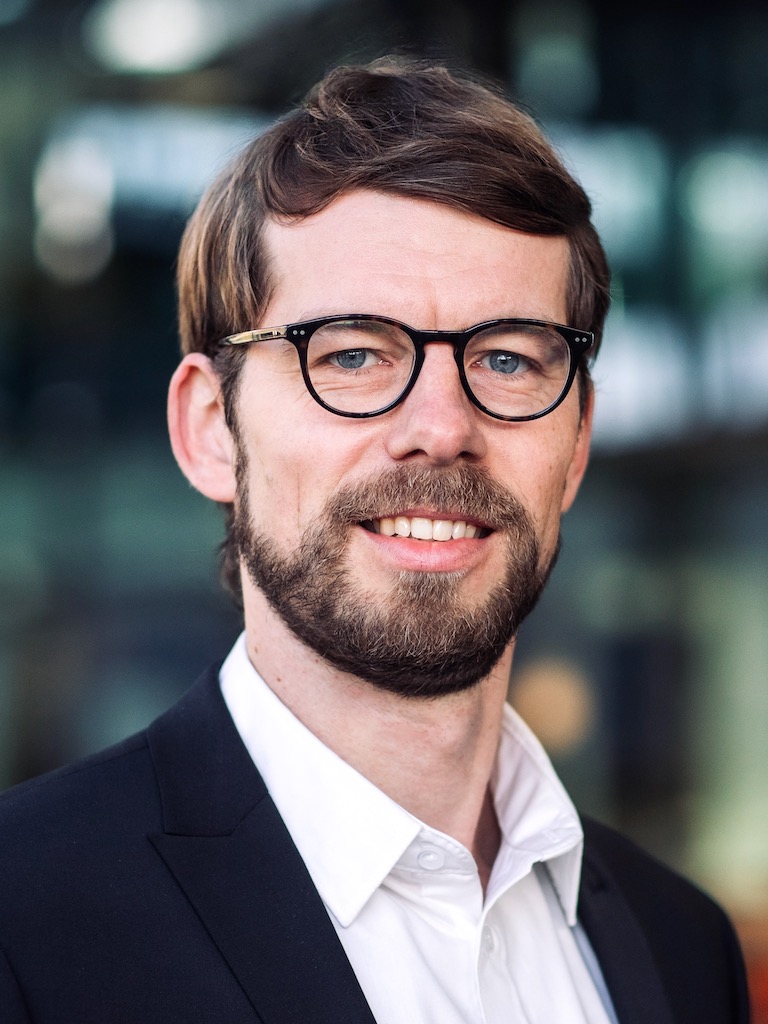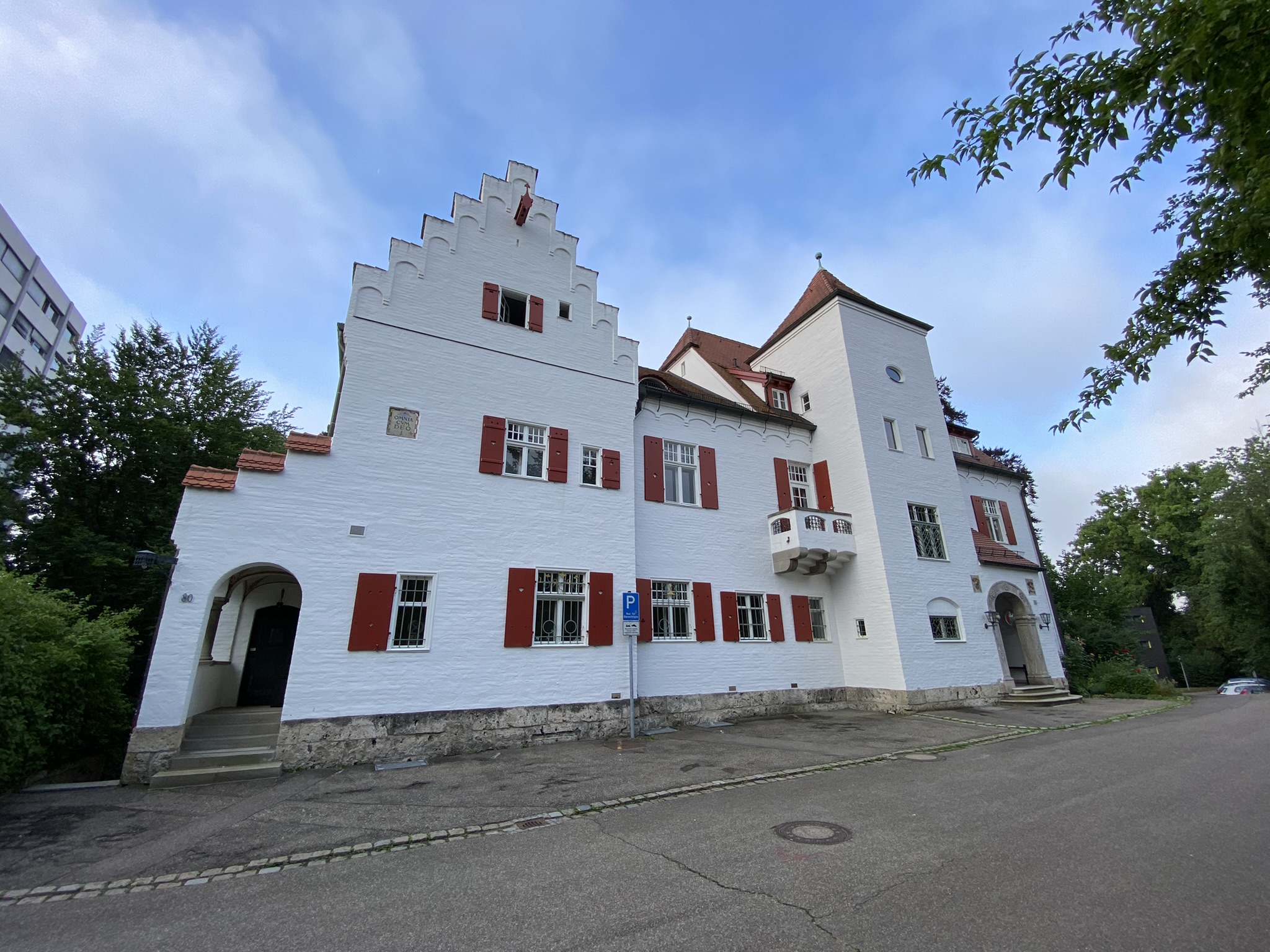Outline
About | Important Dates | Schedule | Talks | Venue | Safe Space | Travel Information | Contact
Sessions: Tue: 1, 2, 3, 4, Wed: 5, 6, 7, Thu: 8, 9, 10, 11, Fri: 12, 13
Next FOSD
FOSD 2024 will be held at the TU Eindhoven. More information here.
About ↑
The Meeting on Feature-Oriented Software Development (FOSD Meeting) is a yearly informal meeting to bring together the community of researchers working on feature-oriented software development, including, but not limited:
- product lines
- software variability
- configuration management
- software architecture
The meeting started more than 14 years ago to bring several research groups with common interests closer together.
The meeting has successfully been repeated 13 times with 20 to 50 participants each, and has established countless collaborations since.
For example, see the past FOSD meetings:
FOSD 2022 in Vienna,
FOSD 2019 in Weimar, and
FOSD 2018 in Gothenburg.
The main objective is that researchers at different career stages (including undergraduate and early-career graduate students) come together to present their research, to get feedback from peers, to discuss new directions, and to initiate collaborations.
The format of an FOSD meeting consists of short presentations from each participant with plenty of time for discussion.
Young researchers (graduate and undergraduate students), as well as more senior community members, present their research, provide and get feedback from others, engage into discussions and establish new collaborations.
FOSD is a place for discussion, not a publication venue.
Participants can present previously published work as well as unpublished work, including early ideas and work in progress.
The key is to encourage discussions, to receive feedback and to grow the network of collaborating researchers.

Photo by Johannes Dorn
Important Dates ↑
- Abstract Submission: December 12, 2022 (AoE)
- Please send your name, affiliation, and abstract and title of your talk in plain text via e-mail to fosd23(at)uni-ulm.de
- Notification: December 15, 2022
- Conference: March 27-31, 2023
Schedule ↑
Monday
| Time |
Event |
| 19:00 |
Reception |
Tuesday
| Time |
Event |
| 09:00 |
Opening |
| 09:25 |
Session 01 |
| 10:15 |
Coffee Break |
| 10:45 |
Session 02 |
| 12:00 |
Lunch |
| 13:00 |
Session 03 |
| 14:15 |
Coffee Break |
| 14:45 |
Session 04 |
| 16:10 |
Demo-Time |
| 18:00 |
Dinner |
Wednesday
| Time |
Event |
| 09:00 |
Keynote 1 |
| 10:00 |
Coffee Break |
| 10:30 |
Session 05 |
| 11:20 |
Coffee Break |
| 11:40 |
Session 06 |
| 12:30 |
Lunch |
| 13:30 |
Session 07 |
| 14:45 |
Coffee Break / Group Photo |
| 16:00 |
Social-Event |
| 19:00 |
Dinner |
Thursday
| Time |
Event |
| 09:00 |
Keynote 2 |
| 10:00 |
Coffee Break |
| 10:30 |
Session 08 |
| 11:20 |
Coffee Break |
| 11:40 |
Session 09 |
| 12:30 |
Lunch |
| 13:30 |
Session 10 |
| 14:20 |
Coffee Break |
| 14:50 |
Session 11 |
| 18:30 |
Dinner |
Friday
| Time |
Event |
| 09:00 |
Session 12 |
| 09:50 |
Coffee Break |
| 10:20 |
Session 13 |
| 11:10 |
Closing |
| 12:00 |
Lunch |
Talks ↑
Keynotes
- Keynote 1: Bits and Pieces vs. the Big Picture - From Component-Centered Car Software Towards Car SPLs (Chair: Philipp Chrszon)
- Dr. Michael Nieke (Volkswagen AG)

Michael Nieke is a software engineer with a main focus on SPLs and model-driven software engineering. In 2020, he made his Ph.D. win computer science at the Institute for Software Engineering and Automotive Informatics at TU Braunschweig, Germany. During his Ph.D., his research was focusing on modeling and analyzing the evolution of SPLs. After his Ph.D., Michael worked at ITU Copenhagen as PostDoc. Since 2021, he is working in the development department of Volkswagen AG. At VW, Michael is establishing software variability analyses for entire vehicle projects of all VW AG brands and steers new vehicle projects in terms of software variance.
- Keynote 2: What are those features? A journey from software engineering and machine learning to formal methods
- Asst. Prof. Clemens Dubslaff (Eindhoven University of Technology) – Website

Clemens Dubslaff is a computer scientist conducting research at the crossroads between theoretical computer science and software engineering. After B.Sc. and M.Sc. studies at TU Dresden (Germany) and UN Lisbon (Portugal), he obtained a Ph.D. in formal methods from TU Dresden. In his doctoral thesis entitled “Quantitative Analysis of Configurable and Reconfigurable Systems” he settled foundations for a compositional modeling and formal analysis of variant-rich systems through probabilistic model checking. Currently, he is an assistant professor in the formal system analysis group at TU Eindhoven (The Netherlands).
Session 1 (Tuesday 09:25) Chair: Sebastian Krieter ↑
| Name |
Title |
| Florian Sattler |
Understanding Variability in Time and Space: A Multidimensional Approach for Analyzing Features Along with Revisions |
| Stefan Mühlbauer |
Group Sampling for Learning Large Configuration Spaces |
Session 2 (Tuesday 10:45) Chair: Alexander Schultheiß ↑
| Name |
Title |
| Chico Sundermann |
Towards Better Comparability: A Representative Feature-Model Benchmark |
| Sebastian Simon |
Learning Configuration Dependencies Across the Technology Stack of Software Projects |
| Sebastian Böhm |
Do I need to Profile? Detecting Performance Critical Changes in Configurable Software Projects |
Session 3 (Tuesday 13:00) Chair: Norbert Siegmund ↑
Session 4 (Tuesday 14:45) Chair: Rahel Arens ↑
| Name |
Title |
| Johannes Dorn |
Bayesian Multilevel Performance-Influence Models for Deep Software Variability |
| Philipp Chrszon |
Towards Variability in Model-based Systems Engineering for Spacecraft |
| Sven Apel |
Formal and Empirical Performance Modeling are Joining Forces! |
Session 5 (Wednesday 10:30) Chair: Alina Mailach ↑
Session 6 (Wednesday 11:40) Chair: Paul Bittner ↑
Session 7 (Wednesday 13:30) Chair: Daniel-Jesús Muñoz ↑
Session 8 (Thursday 10:30) Chair: Sandra Greiner ↑
Session 9 (Thursday 11:40) Chair: Hafiyyan Sayyid Fadhlillah ↑
| Name |
Title |
| Alina Mailach |
Towards Reproducible and Reusable Artifacts in Performance Learning Experiments |
| Lauritz Timm |
An Evaluation of Configuration-Aware Profiling Strategies: Investigating the Trade-Off between Performance Overhead and Measurement Precision |
Session 10 (Thursday 13:30) Chair: Sabrina Böhm ↑
Session 11 (Thursday 15:15) Chair: Sebastian Simon ↑
Session 12 (Friday 09:00) Chair: Simon Friedel ↑
Session 13 (Friday 10:20) Chair: Mathis Weiß ↑
| Name |
Title |
| Rahel Arens |
4 an Ellaborating overview of Configurable software: a Tertiary Study |
| Paul Grünbacher |
Variability and Music: Experiences of Using a Feature-based Version Control System in an Unusual Domain |
Participant Talks
- Mathieu Acher: Tackling Deep Software Variability
(University of Rennes)
- Sven Apel: Formal and Empirical Performance Modeling are Joining Forces!
(Saarland University)
- Rahel Arens: 4 an Ellaborating overview of Configurable software: a Tertiary Study
(University of Ulm)
- Paul Bittner: Formal Languages for Solution-Space Variability
(University of Ulm)
- Sabrina Böhm: Identification of Feature Interactions Through Combinatorial Interaction Analysis
(University of Ulm)
- Sebastian Böhm: Do I need to Profile? Detecting Performance Critical Changes in Configurable Software Projects
(Saarland University)
- Philipp Chrszon: Towards Variability in Model-based Systems Engineering for Spacecraft
(Deutsches Zentrum für Luft- und Raumfahrt)
- Johannes Dorn: Bayesian Multilevel Performance-Influence Models for Deep Software Variability
(Leipzig University)
- Hafiyyan Sayyid Fadhlillah: Configuring Heterogeneous Variability Models using a Dynamic Product Configuration User Interface
(CDL VaSiCS, LIT CPS Lab, Johannes Kepler University Linz)
- Simon Friedel: Software Variability Over Time: Understanding the Evolution of Version Histories through Data-Flow Interactions
(Saarland University)
- Sandra Greiner: Managing Variability in Space and Time in Heterogeneous Software Artifacts
(University of Bern)
- Paul Grünbacher: Variability and Music: Experiences of Using a Feature-based Version Control System in an Unusual Domain
(Johannes Kepler University Linz)
- Daniel-Jesús Muñoz: Extended Variability Models, Algebra, and Arithmetic
(Universidad de Málaga)
- Lukas Güthing: Inspecting the Evolution of Feature Annotations in Configurable Software
(Karlsruhe Institute of Technology)
- Adrian Hoff: Uniquifying Architecture Visualization through Variable 3D Model Generation
(IT University of Copenhagen)
- Malte Lochau: Sampling Infinite Configuration Spaces
(University of Siegen)
- Alina Mailach: Towards Reproducible and Reusable Artifacts in Performance Learning Experiments
(Leipzig University)
- Stefan Mühlbauer: Group Sampling for Learning Large Configuration Spaces
(Leipzig University)
- Robert Müller: Test-driven Synthesis of Configurable Programs
(University of Siegen)
- Florian Sattler: Understanding Variability in Time and Space: A Multidimensional Approach for Analyzing Features Along with Revisions
(Saarland University)
- Alexander Schultheiß: Experiences with Combining Proactive and Retroactive Feature Tracing
(Humboldt-Universität zu Berlin)
- Sandro Schulze: Will we ever agree? An eye-tracking study on program comprehension of CPP-based variability
(TU Braunschweig)
- Norbert Siegmund: Exploring Hyperparameter Usage and Tuning in Machine Learning Research
(Leipzig University)
- Sebastian Simon: Learning Configuration Dependencies Across the Technology Stack of Software Projects
(Leipzig University)
- Stefan Sobernig: Designing, implementing, and using UVL as a language-kernel extension
(Wirtschaftsuniversität Wien)
- Chico Sundermann : Towards Better Comparability: A Representative Feature-Model Benchmark
(University of Ulm)
- Xhevahire Tërnava: An Attempt to Define Null Software Variability
(University of Rennes)
- Lauritz Timm: An Evaluation of Configuration-Aware Profiling Strategies: Investigating the Trade-Off between Performance Overhead and Measurement Precision
(Saarland University)
- Stefan Vill: Language Levels for the Universal Variability Language: An Extension Mechanism and Conversion Strategies
(University of Ulm)
- Kallistos Weis: Uncovering Unintended Feature Interactions in Configurable Systems through Causality
(Saarland University)
- Mathis Weiß: Comparing efficiency and effectiveness of Feature Model Synthesis and Feature Model Learning
(University of Siegen)
Venue ↑
The FOSD meeting 2023 is organized by the University of Ulm and will take place at the Villa Eberhardt in Ulm, Germany, from March 27 until March 31, 2023.

View Larger Map
Meeting rooms:
- Rittersaal: Talks
- Altdeutsche Stube: Breakout sessions
- Foyer: Coffee break
Restaurants:
- Tuesday: Wilder Mann
- Wednesday: Tanivera
- Thursday: Lochmühle
Social Events:
- Visiting the “Secret Chambers” of the Ulmer Münster
Accommodation
We have pre-selected a hotel in the inner city close to our location.
Booking details will follow upon registration.
Safe Space ↑
We want the meeting to be enjoyful for every participant. To this end, we follow the ACM Policy against harassment.
If you experience any problems, please approach one of the following people:
- Nobert Siegmund
- Rahel Arens
- Sven Apel
- Thomas Thüm
COVID-19 Specific Entry Regulations
Please check the official website to see which current rules apply when entering the country.
Please send your questions via e-mail to Sebastian Krieter and Thomas Thüm: fosd23(at)uni-ulm.de.
Organizers
Please use the hashtag #FOSD23
↑ Back to the top ↑

 Michael Nieke is a software engineer with a main focus on SPLs and model-driven software engineering. In 2020, he made his Ph.D. win computer science at the Institute for Software Engineering and Automotive Informatics at TU Braunschweig, Germany. During his Ph.D., his research was focusing on modeling and analyzing the evolution of SPLs. After his Ph.D., Michael worked at ITU Copenhagen as PostDoc. Since 2021, he is working in the development department of Volkswagen AG. At VW, Michael is establishing software variability analyses for entire vehicle projects of all VW AG brands and steers new vehicle projects in terms of software variance.
Michael Nieke is a software engineer with a main focus on SPLs and model-driven software engineering. In 2020, he made his Ph.D. win computer science at the Institute for Software Engineering and Automotive Informatics at TU Braunschweig, Germany. During his Ph.D., his research was focusing on modeling and analyzing the evolution of SPLs. After his Ph.D., Michael worked at ITU Copenhagen as PostDoc. Since 2021, he is working in the development department of Volkswagen AG. At VW, Michael is establishing software variability analyses for entire vehicle projects of all VW AG brands and steers new vehicle projects in terms of software variance. Clemens Dubslaff is a computer scientist conducting research at the crossroads between theoretical computer science and software engineering. After B.Sc. and M.Sc. studies at TU Dresden (Germany) and UN Lisbon (Portugal), he obtained a Ph.D. in formal methods from TU Dresden. In his doctoral thesis entitled “Quantitative Analysis of Configurable and Reconfigurable Systems” he settled foundations for a compositional modeling and formal analysis of variant-rich systems through probabilistic model checking. Currently, he is an assistant professor in the formal system analysis group at TU Eindhoven (The Netherlands).
Clemens Dubslaff is a computer scientist conducting research at the crossroads between theoretical computer science and software engineering. After B.Sc. and M.Sc. studies at TU Dresden (Germany) and UN Lisbon (Portugal), he obtained a Ph.D. in formal methods from TU Dresden. In his doctoral thesis entitled “Quantitative Analysis of Configurable and Reconfigurable Systems” he settled foundations for a compositional modeling and formal analysis of variant-rich systems through probabilistic model checking. Currently, he is an assistant professor in the formal system analysis group at TU Eindhoven (The Netherlands).